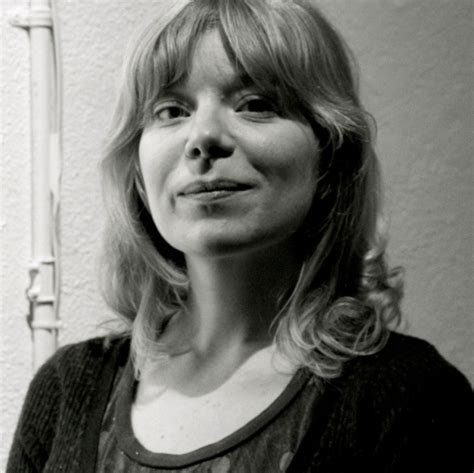A Quote by Anna Brackett
The ways of living have been rendered vastly easier by a multitude of inventions, by the increasing wealth of the country, by better and more intelligent service; and yet life is by no means easier, but indeed hard. The demands on time, whether real or imagined, have increased in a greater ratio than the supply of facilities for answering them, and as the earth provokingly continues to revolve on its axis just as rapidly as of old, the days are never long enough for all the duties which they bring.
Quote Topics
Answering
Axis
Been
Better
Bring
Country
Days
Demands
Duties
Earth
Easier
Enough
Facilities
Greater
Hard
Imagined
Increased
Increasing
Indeed
Intelligent
Inventions
Just
Life
Life Is
Living
Long
Means
More
Multitude
Never
Old
Rapidly
Ratio
Real
Rendered
Revolve
Service
Supply
Than
Them
Time
Vastly
Ways
Wealth
Whether
Which
Related Quotes
We realize the indivisibility of the earth - its soil, mountains, rivers, forests, climate, plants, and animals - and respect it collectively not only as a useful servant but as a living being, vastly less alive than ourselves in degree, but vastly greater than ourselves in time and space - a being that was old when the morning stars sang together, and when the last of us has been gathered unto his fathers, will still be young.
Given the scale of life in the cosmos, one human life is no more than a tiny blip. Each one of us is a just visitor to this planet, a guest, who will only stay for a limited time. What greater folly could there be than to spend this short time alone, unhappy or in conflict with our companions? Far better, surely, to use our short time here in living a meaningful life, enriched by our sense of connection with others and being of service to them.
Parenting forces us to get to know ourselves better than we ever might have imagined we could--and in many new ways. . . . We'll discover talents we never dreamed we had and fervently wish for others at moments we feel we desperately need them. As time goes on, we'll probably discover that we have more to give and can give more than we ever imagined. But we'll also find that there are limits to our giving, and that may be hard for us to accept.
Adolescence has been recognised as a stage of human development since medieval times--long, long before the industrial revolution--and, as it is now, has long been seen as a phase which centers on the fusion of sexual and social maturity. Indeed, adolescence as a concept has as long a history as that of puberty, which is sometimes considered more concrete, and hence much easier to name and to recognize.
Our time on Earth is already short enough. For me, it's like every single day I try to be as happy as I can. It's crazy to think about. We never have enough time. That's always the thing. We always want to do more. So it's about being able to spend time on the things that are most important to you. Life is a lot easier that way, and obviously life is pretty difficult a lot of the time.
Man is still by instinct a predatory animal given to devilish aggression. The discoveries of science have immensely increased productivity of material things. They have increased the standards of living and comfort. They have eliminated infinite drudgery. They have increased leisure. But that gives more time for devilment. The work of science has eliminated much disease and suffering. It has increased the length of life. That, together with increase in productivity, has resulted in vastly increased populations. Also it increased the number of people engaged in devilment.
Humans have changed ecosystems more rapidly and extensively than in any comparable period of time in human history, largely to meet rapidly growing demands for food, fresh water, timber, fiber and fuel. This has resulted in a substantial and largely irreversible loss in the diversity of life on Earth.
When you’re living by default, you’re automatically reacting to life in habitual ways, many of which may be limiting you and your life. In contrast, living deliberately means making more conscious and constructive life choices. When you’re living deliberately, you’re living from a position of responsibility; you’re making choices with greater awareness. You’re taken yourself off autopilot, so you’re better prepared to align your actions with the results you want to achieve.
Increased spiritual strength is a gift from God which He can give when we push in His service to our limits. Through the power of the Atonement of Jesus Christ, our natures can be changed. Then our power to carry burdens can be increased more than enough to compensate for the increased service we will be asked to give.

































